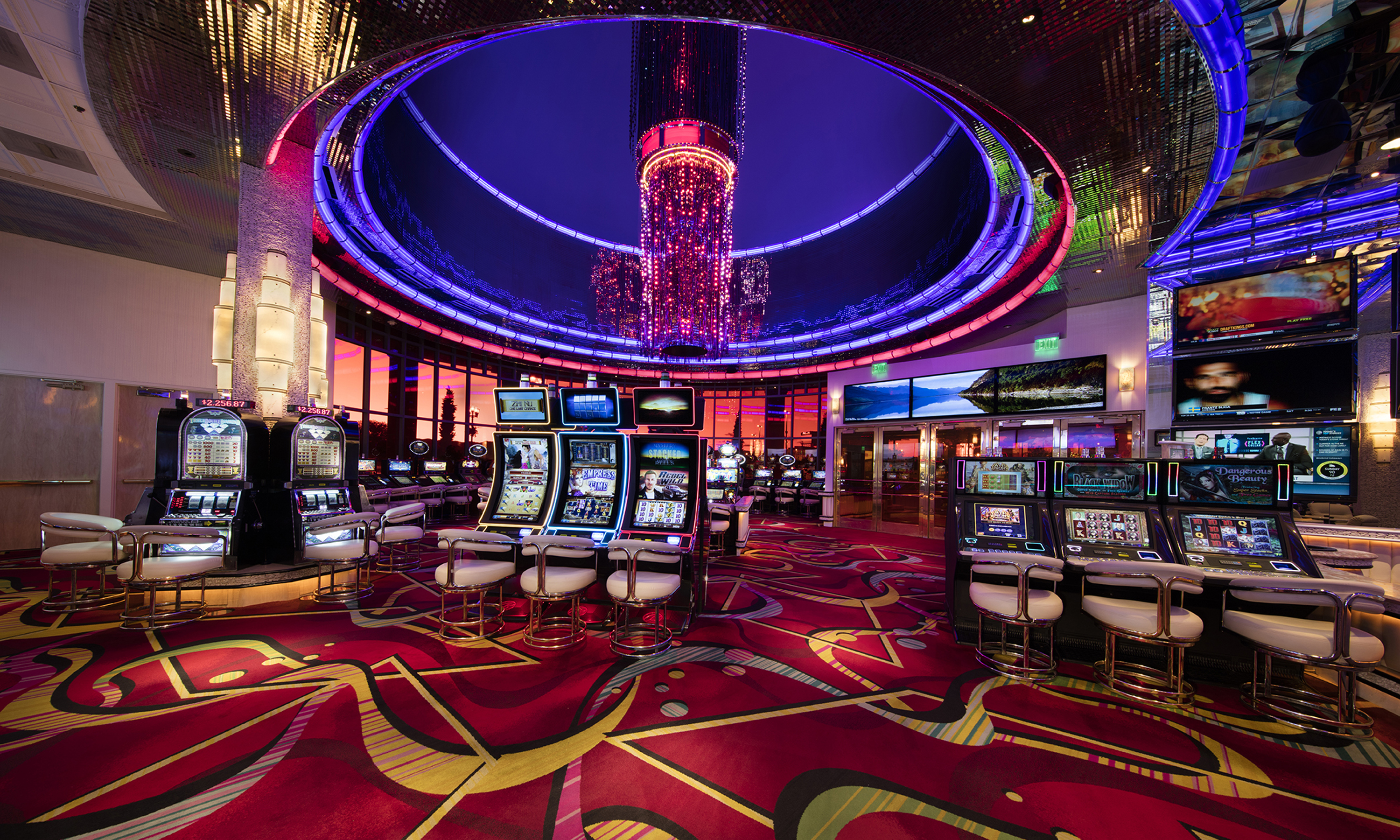Casino Games and Their Role in Cultural Trends

Casino games have long captured the imagination of individuals around the globe, becoming an essential part of both leisure and tradition. From the shimmering lights of Las Vegas to the engaging experience of virtual casinos, these experiences evoke excitement, danger, and sometimes even a sense of remembrance. They are more than just hobbies; they have woven themselves into the texture of our lives, influencing everything from cinema and songs to clothing and writing.
The charm of casino games goes beyond the gambling aspect, tapping into larger themes of luck, chance, and psychology. As players gather around a card table or spin the roulette, they engage in an age-old ritual that echoes with our communal desire for thrill and unpredictability. This captivation has led to the emergence of numerous references in cinema, music, and gaming, showcasing how strongly entrenched these activities are in popular culture. Whether it is the high-stakes tension of a traditional heist movie or the vibrant nightlife portrayed in recordings, casino games have created a substantial niche that reflects our connection with reward.
Cultural Significance of Gambling Games
Casino games have played a key role in cultural contexts throughout history. Stemming from ancient societies, forms of chance were often connected to ceremonies or events. For example, early forms of these activities can be linked back to historic China and the Romans, where die games and betting on outcomes were popular pastimes. These activities not only functioned as leisure but also as methods of social interaction, facilitating connections among individuals within communities.
As societies evolved, so did the sophistication and organization of gambling games. The creation of official casinos in the 17th century, particularly in the Italian region, marked a significant shift in how games were viewed and structured. With specific spaces for gaming, the casino became a community center where people from different backgrounds convened. This change contributed to the legitimization of gambling, transforming it from a mere pastime into an organized industry that influenced economy and policy.
The impact of gambling activities on mainstream culture cannot be understated. As they were popularized in literature and movies, games such as poker and blackjack became symbols of risk, chance, and tactics. Famous figures and narratives have developed around these games, reflecting societal attitudes towards luck, wealth, and immorality. This fascination with gambling games has infiltrated various forms of media, cementing their status in the public imagination and connecting them to wider cultural narratives throughout the ages.
Depiction of Casino Games in Media
Casino games have long been a popular subject in various forms of media, reflecting both the fascination and nuances of the world of gambling. Films such as Ocean's 11 and Casino Royale portray individuals who navigate intense situations, showcasing not only the allure of the casino atmosphere but also the methods and decisions that come with playing popular games like Texas Hold'em and blackjack. These movies often dramatize the excitement of winning and the potential consequences of losing, encapsulating the risks involved in gambling.
Television shows have also explored the world of gambling activities, often integrating them into the narrative as a context for character arcs and conflict. Series like Las Vegas depict the stories of gambling employees and customers, highlighting the vibrant, often chaotic energy of the casino floor. Docuseries featuring high-stakes betting contests further emphasize the attraction of casino games, drawing viewers into the drama and tactics involved in each round. Through these representations, media not only amuses but also prompts conversations about luck, skill, and the essence of chance.
Video games have increasingly incorporated casino games into their development, allowing players to simulate the experience of betting without financial exposure. Titles within the realm of digital gaming often include online slot machines, online poker, and other casino favorites, creating an interactive experience that mirrors real-life gameplay. These digital representations make gambling activities accessible to a worldwide viewer base, appealing to both players who indulge and those who enjoy the thrill of simulation. As a result, the representation of casino games in media continues to shape societal views and cultural relevance, highlighting their place in entertainment and social context.
Effect of Casino Games on Communities
Gambling activities have a meaningful effect on society, influencing multiple aspects of societal norms and interpersonal behavior. They often function as a platform for social interaction, where people come together to experience a common experience. Game nights with friends or trips to casinos become group events that build connections and create memories. This communal aspect boosts the entertainment value of gambling activities, making them a popular choice for celebrations and leisure activities.
Additionally, gambling activities have been depicted in numerous films, TV series, and literature, influencing views and attitudes towards gaming and gaming. Icons like James Bond competing in baccarat or the intense poker scenes in films have cemented these games in the shared imagination. This depiction often idealizes the lifestyle associated with gambling, attracting new players and influencing trends in both style and behavior. These portrayals can ignite curiosity and lead to a deeper exploration of the nuances of gambling.
Nonetheless, there are also negative consequences linked to the popularity of gambling activities. tỷ số bóng đá The temptation of quick monetary gain can lead to problem gambling and financial troubles for some individuals. The community must contend with these consequences, advocating for responsible gaming and education of the risks involved. Finding a balance between the entertainment value of casino games with the risks is vital to ensure that they remain a positive aspect of our societal fabric.
